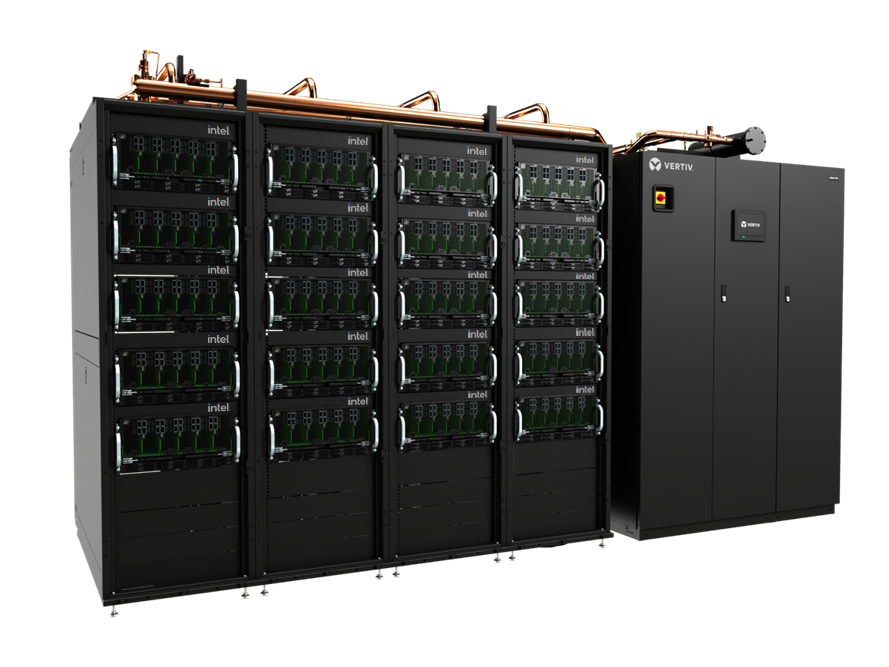Revolutionary Advancement in Heart Bypass Surgery
A revolutionary advancement in medical science could significantly enhance the outcomes of heart bypass surgery. Researchers have successfully developed artificial blood vessels that closely mimic the structure and function of human veins. These 3D-printed, gel-like tubes offer a promising alternative to the traditional use of human or synthetic grafts.
Reducing Complications with Innovative Technology
By replacing the need for harvesting veins from patients, this innovation has the potential to reduce complications such as scarring, pain, and infection. Additionally, artificial blood vessels could address the challenges associated with synthetic grafts, which often have difficulty integrating with the body. Crafted from biocompatible materials and designed to be flexible and adaptable, these new vessels show promise for long-term success.
Versatility and Integration Potential
“The 3D graft can be made in thicknesses from 1 to 40 mm in diameter, for a range of applications, and its flexibility means that it could easily be integrated into the human body,” reads the press release.
Future Testing and Potential Impact
While challenges such as ensuring the long-term durability and functionality of these artificial vessels remain, the potential benefits for heart bypass patients are substantial. This breakthrough represents a significant step forward in cardiovascular medicine and holds the promise of improving the lives of countless individuals.
Now, the researchers intend to test the artificial blood vessels in animal models during the next phase. If these trials are successful and yield encouraging results, they will proceed to testing the 3D-printed vessels in humans.







